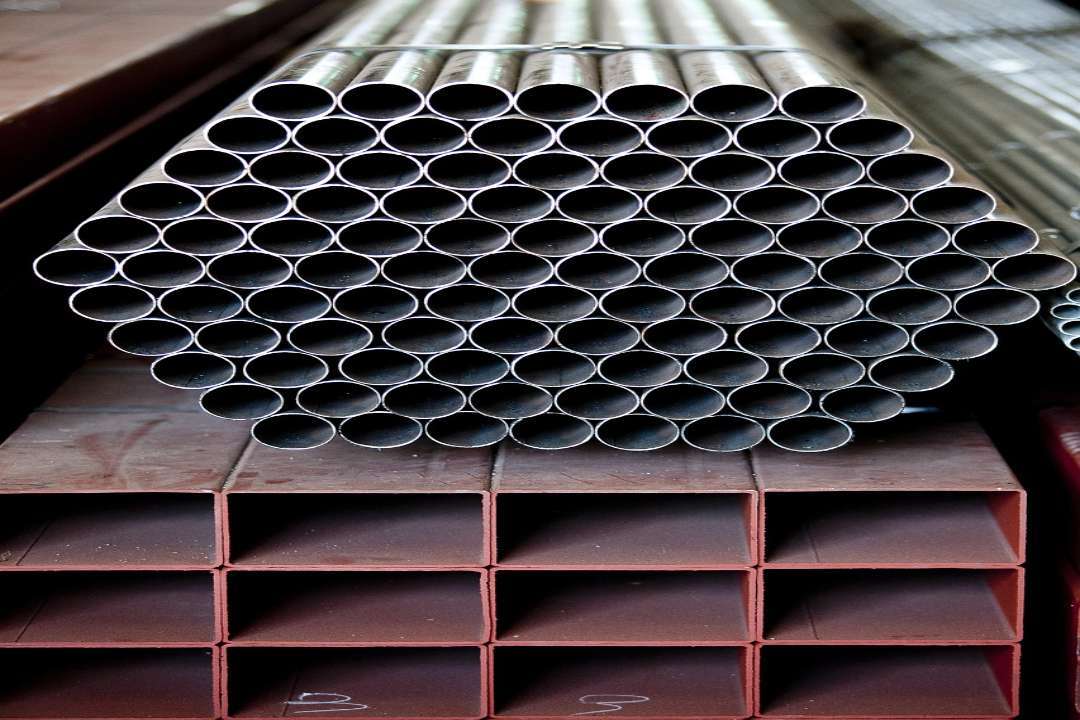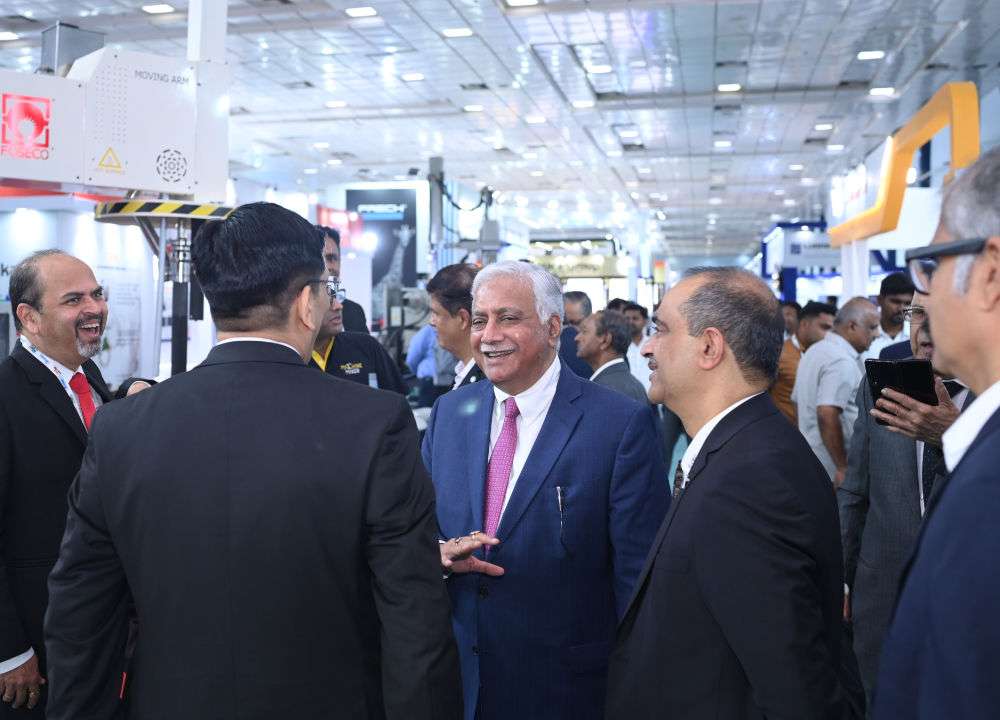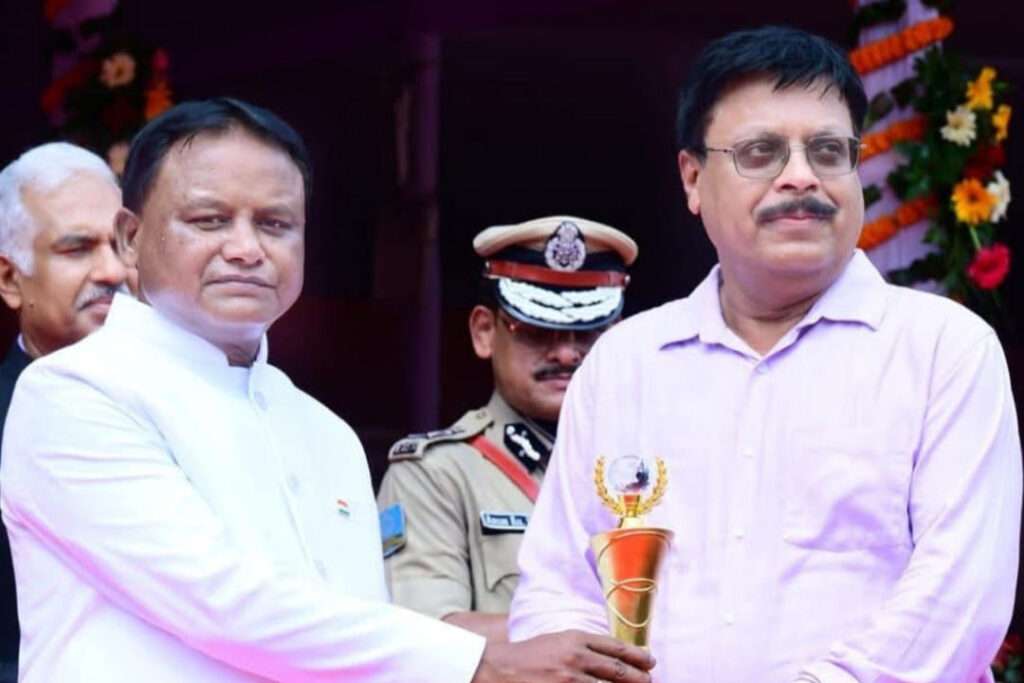India’s steel minister is preparing to make a strong case to the finance ministry for an increase in tariffs on steel imports, according to a statement made on Wednesday. This move aims to shield domestic steel manufacturers from the influx of cheaper steel products being imported from countries such as China.
India, which holds the position of the world’s second-largest producer of crude steel, has experienced a shift to being a net importer of steel in the fiscal year that ended in March. This trend of increased imports continued into the first four months of the new fiscal year, which began in April.
During this period, China emerged as the leading exporter of steel to India, sending approximately 807,000 metric tons of steel to its neighboring country. Following China were Japan and South Korea, which also contributed significantly to the steel imports into India.
Minister of Steel H. D. Kumaraswamy addressed reporters at an industry conference, revealing that his ministry had formally requested that the Ministry of Finance consider several measures to protect the Indian steel sector from the adverse effects of lower-priced imports.
One of the primary proposals put forward is to raise the current tariff rates on steel imports from 7.5% to a range of 10% to 12%. Kumaraswamy emphasized the struggles faced by the domestic steel industry, stating, “Our steel industry is facing a lot of problems.
They are suffering.” The minister’s remarks highlight the challenges that local steel producers are grappling with due to the increased competition from imported steel at lower prices. In response to the growing concerns, the Indian government initiated an anti-dumping investigation in August, focusing on certain steel products imported from Vietnam.
This investigation underscores the government’s efforts to address issues related to unfair trade practices that could be undermining the competitiveness of Indian steel manufacturers. Major steel producers in India, such as JSW Steel, the largest steel producer by capacity, and Tata Steel, have been actively engaging in discussions with the government regarding potential trade measures.
These discussions aim to find effective solutions to the ongoing issues within the steel industry. According to data from commodities consultancy BigMint, steel prices in India have plummeted to their lowest levels in over three years. This decline in prices is attributed to the surge in imports coupled with a slowdown in exports.
The situation reflects the broader challenges faced by the Indian steel industry in the current economic climate. The proposed increase in tariffs is seen as a crucial step towards stabilizing the domestic steel market and supporting the sustainability of local steel mills amidst the ongoing challenges posed by international competition.








